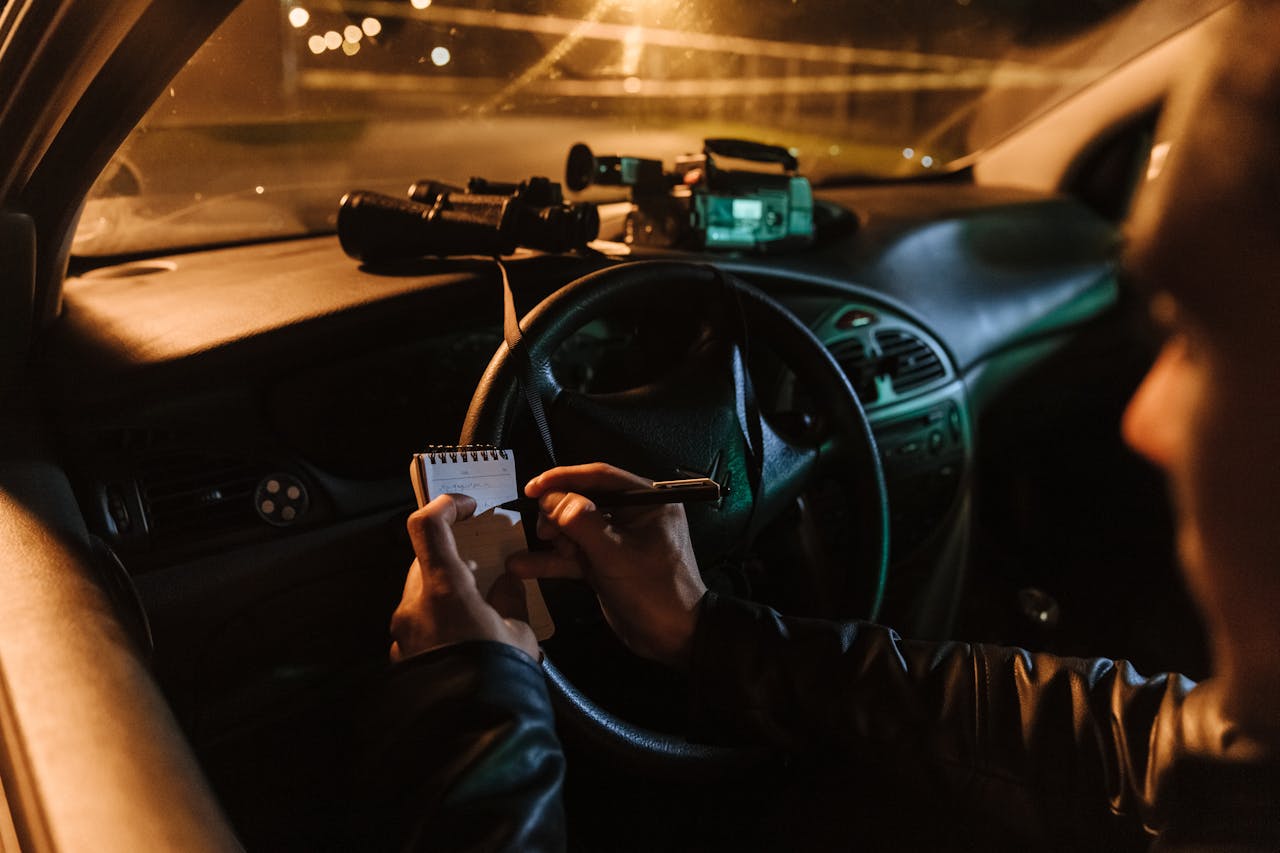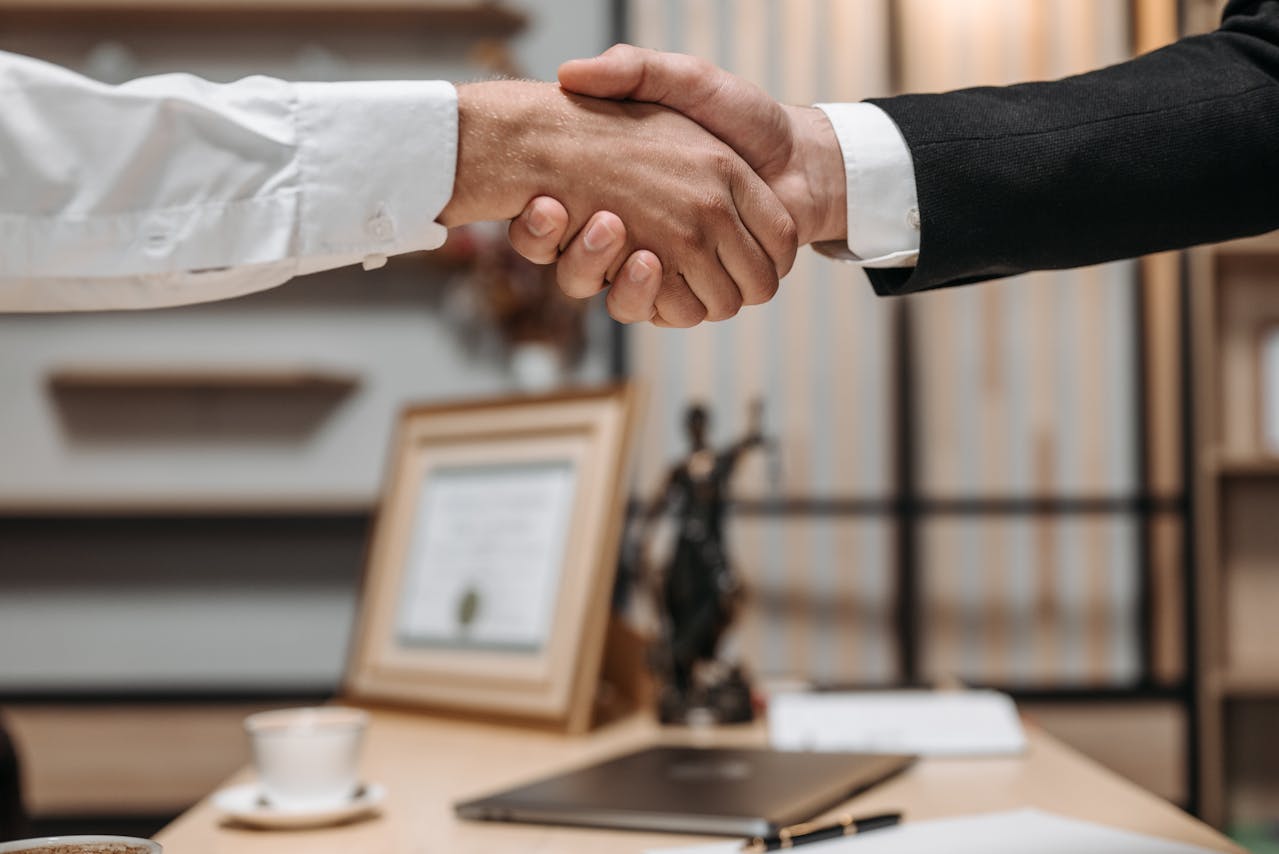Now Reading: How To Gather Evidence After a Car Accident to Strengthen Your Case
-
01
How To Gather Evidence After a Car Accident to Strengthen Your Case

How To Gather Evidence After a Car Accident to Strengthen Your Case
Car accidents happen unexpectedly, often leaving people confused and overwhelmed. If you’re involved in one, taking the right steps immediately afterward can make a difference in supporting your case if a legal battle arises. Gathering solid evidence can support your version of events and help you secure a fair settlement.
Here’s a comprehensive guide on how to collect evidence after a car accident, which can help bolster your case and protect your legal rights.
Safety First
Before thinking about evidence, always check that you and others involved are safe. Move to a secure location if possible, but avoid leaving the scene, as doing so can have legal consequences. After ensuring everyone’s safety, you can start collecting relevant evidence to document the accident and its aftermath.
Photograph the Scene
Visual evidence is essential after a car accident. Take multiple photos from various angles to capture as much detail as possible. Make sure to document:
- Damage to all involved vehicles, including close-ups of visible dents, scratches, or broken parts
- The entire scene, with wider shots showing the surrounding area, traffic signs, skid marks, and road conditions
- Any visible injuries, as long as you feel comfortable doing so, to document the physical impact of the accident
- A complete set of photos will accurately represent the accident scene, which can be invaluable in supporting your case later on.
Gather Witness Information
If bystanders or other drivers witnessed the accident, try to get their contact information. They can provide an unbiased account of the event, helping establish details you may not have noticed or remembered.
Ask them to give a statement at the scene and record it if they agree. Witness accounts can significantly strengthen your case by providing additional viewpoints on how the accident occurred.
Document Any Property Damage
If personal items like phones, laptops, or other valuables were damaged during the accident, take photos of these items as well. Documenting property damage can help you recover expenses related to repairing or replacing these belongings. Keep any receipts or estimates associated with repairs, as this documentation will further support your compensation claims.
Collect Police Reports and Official Documents
In most car accidents, police officers arrive at the scene to create an official report. This report is critical as it includes essential information about the accident, such as the officers’ observations, any citations issued, and possibly even a preliminary determination of fault. Get a copy of this report, as it can serve as valuable evidence if your case proceeds to litigation or insurance negotiations.
If you cannot get the report immediately, find out how and where to obtain it later. Police reports carry weight in court and can offer credible documentation that can substantiate your claims.
Exchange Information With the Other Driver
Share contact information, license plate numbers, and insurance details with the other driver(s) involved. Be polite, but avoid discussing fault or apologizing, as statements like these can be used against you. Stick to exchanging essential information and avoid unnecessary conversation.
This information is crucial for any insurance claims, legal follow-ups, or if you need to work with a car accident lawyer to help you through the legal process. They can use this documentation to contact the other driver’s insurance provider or defend your position.
Keep Medical Records and Treatment Documentation
Even if you feel fine after the accident, it’s wise to get a medical evaluation as soon as possible. Injuries can manifest hours or even days later, and having medical records can substantiate your claims regarding the physical impact of the accident. Make sure to:
- Document any doctor visits, treatments, or medication related to the accident.
- Keep receipts for all medical expenses, including physical therapy, prescription drugs, and rehabilitation services.
- Medical records offer proof of your injuries, strengthening your case if you pursue a claim for pain, suffering, or other damages.
Note Any Traffic or Surveillance Cameras
Many streets, intersections, and commercial buildings have surveillance cameras. If the accident happened in an area with visible cameras, take note of their locations.
You may be able to obtain footage showing the accident, which could serve as highly persuasive evidence in court or with insurers. Contact the owners or managers of these cameras as soon as possible, as the footage is often erased or overwritten within a short period.
Consider the Emotional and Financial Impact
Beyond physical injuries and property damage, car accidents can lead to emotional and financial hardships. Maintain a journal documenting your emotional state, pain levels, and any lifestyle changes caused by the accident. Tracking your emotional and mental well-being can support claims for pain and suffering if they become part of your legal case.
Additionally, keep a record of lost income from missed work and any other financial burdens directly related to the accident. This documentation demonstrates the broader impact of the accident on your life, which can be factored into compensation calculations.
Consult an Attorney When Needed
While you may feel equipped to handle the aftermath of a minor car accident, more serious cases can benefit from professional legal support. An attorney can help guide you through the complexities of legal proceedings, evidence submission, and interactions with insurance companies. They can also help you understand how your collected evidence aligns with legal standards, increasing your chances of securing a fair outcome.
Take Action To Protect Your Rights
Gathering evidence after a car accident may feel overwhelming, especially amid the stress and confusion of the situation. However, each piece of evidence you collect brings you closer to building a strong case, whether dealing with an insurance company or taking the matter to court. By taking prompt action and following these steps, you can confidently empower yourself to navigate the process, protect your rights, and ensure you’re in the best possible position to secure a fair resolution.










